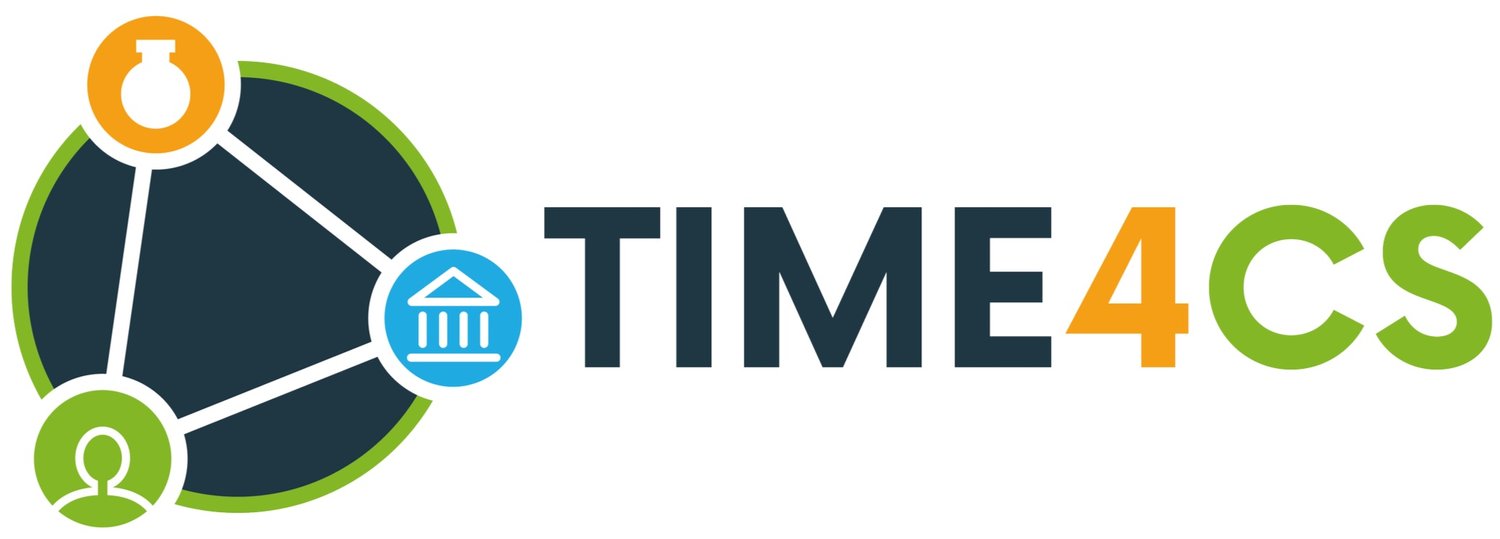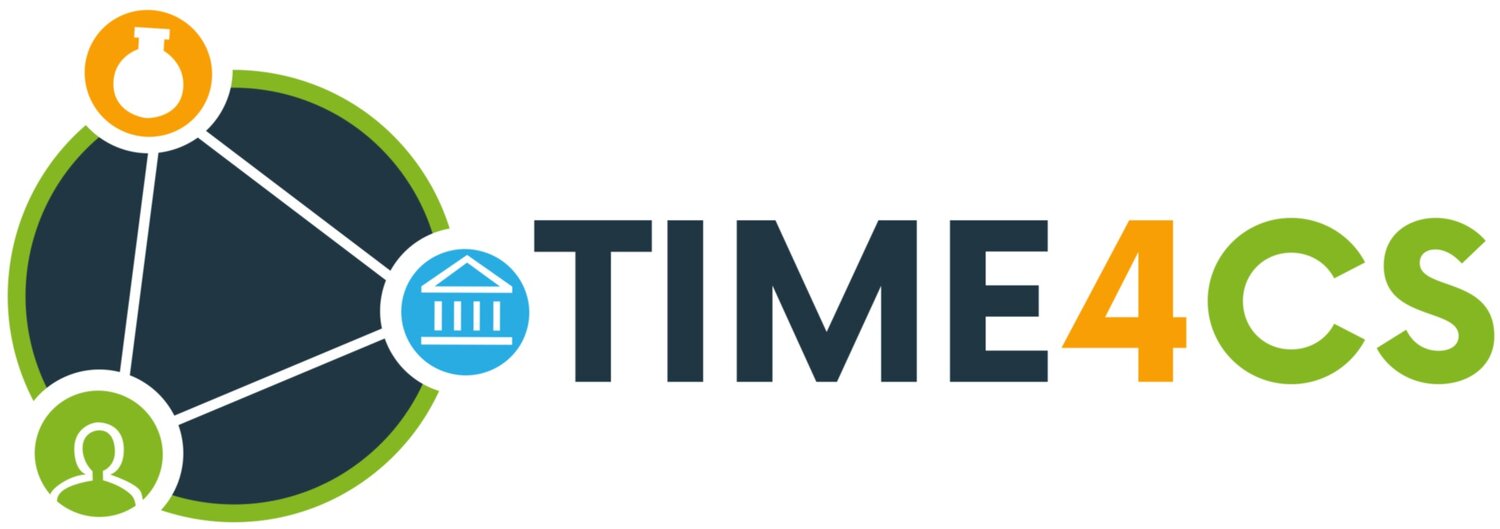Laying The Foundation For Sustainable Citizen Science At The CRG
Biomedicine for a prosperous society
The Centre for Genomic Regulation (CRG) is an international biomedical research institute of excellence, created in July 2000. It is a non-profit foundation funded by the Catalan Government through the Department of Business & Knowledge and the Department of Health, the Spanish Ministry of Science & Innovation, the "la Caixa" Banking Foundation, and includes the participation of Pompeu Fabra University.
The mission of the CRG is to discover and advance knowledge for the benefit of society, public health and economic prosperity. The centre believes that the medicine of the future depends on the ground-breaking science of today. This requires an interdisciplinary scientific team focused on understanding the complexity of life from the genome to the cell to a whole organism and its interaction with the environment, offering an integrated view of genetic diseases.
The first steps in Citizen Science
The CRG has had a short but successful series of Citizen Science campaigns. We have designed, developed and implemented two stand-out projects: mobile game app Genigma and mouth's microbiome project Saca la Lengua.
Genigma is a mobile game app that aims at mapping the genome of a cancer line in a collaborative way. Co-created with citizens, this project is an experiment within the EU-funded project ORION Open Science. It has introduced Citizen Science concepts to researchers that wanted to explore this methodology for the first time, guided by a Citizen Science facilitator through all the phases of the project.
The goal of the game is to build reference maps in order to understand the parts of the human genome that play a fundamental role in the growth and development of cancer. The development of the game was open for collaboration since its inception, starting with three co-creation events to lay the foundations of the project and followed by a testing phase. Two years before launch, more than 500 people took part in developing the game. As well as the scientific results that will be obtained thanks to the game, the interactions with different people and the use of participatory methodologies have been very beneficial for the project’s team members, giving them the opportunity to come out of their comfort zone. The app will be released in January 2022.
Saca la Lengua (Stick out your tongue) is a different Citizen Science approach, involving the study of the mouth’s microbiome and its possible relationship with our environmental characteristics and lifestyle. The project ran for four years (2015-2018) and had huge reach across Spain, with more than 7000 participants including students and patients. The project resulted in four research papers, with a fifth currently under review. All participants received a snapshot of their microbiome composition and a brief outline of the project’s general results. Citizens’ contributions to the hypothesis were key for the project’s success, providing new ideas, which the scientists haven’t thought of. The project resulted in the co-creation and co-development of a game based on the results obtained in the research. This helped us share the results with a larger and more diverse audience in a different format. The project was an initiative of the CRG together with the "la Caixa" Banking Foundation.
TIME4CS, an opportunity to accelerate change
Citizen Science is an emergent methodology that will be a valuable and even an essential asset of every research project. The two Citizen Science projects run at the CRG so far have emerged from external collaborations and projects, opportunities that have been exceptional in nature. Time4CS will be hugely valuable in order to carry this momentum forward, promoting a cultural change in the use of Citizen Science as a regular research methodology at the CRG by including it as a structural pillar of its Open Science framework and of the centre’s strategy. We may achieve this by implementing several institutional changes, both in the short and in the long run, such as offering training sessions for different research communities, developing accessible policies and guidelines, adaptation of research evaluation policies to assess Citizen Science contributions and, ultimately, the consolidation of a Citizen Science contact point within the centre.
Paving the way
To promote and implement this cultural change, four grounding actions are planned to lay the foundation of implementing Citizen Science methodology at the CRG by the end of 2023. All the actions have a clear mission: to make an impact in the structural organization of the centre and to change researchers and higher management perceptions about the use of this methodology. More concretely, these actions will include Citizen Science into the CRG’s Open Science framework, develop institutional guidelines and policies, and raise awareness and train researchers on Citizen Science. All of these actions pretend to be the solid base to legitimate a sustainable Citizen Science methodology at the CRG in the near future.
Talk to us, we are open for discussion!
The process of co-creating the grounding actions heading to a meaningful and doable institutional impact for sustainable changes has been as much interesting as challenging, so, consequently, the learnings to set the ground for these changes have been very valuable. You can contact us in case you would like to know more on how to effectively engage the appropriate internal stakeholders to drive these changes or to exchange experiences about this process.
Authors: Marta Solís Mateos (CRG)
Elisabetta Broglio (CRG)


